Database descriptions, statistical standards (resolutions and guidelines), and guides and manuals – all the metadata to better understand the labour statistics presented on ILOSTAT.

Charting progress on the global goals and decent work
As the world faces a number of complex challenges, we examine key labour indicators to assess the impact of unprecedented crises in order to shed light on global trends and regional variations and their impact on our ability to realise the 2030 Agenda for Sustainable Development.

African youth face pressing challenges in the transition from school to work
More than 72 million youth in Africa are not in education, employment or training – the majority of them young women. Tackling youth inactivity and gender inequalities is essential if countries are to achieve Sustainable Development Goal 8 on decent work for all by 2030.

Assessing the current state of the global labour market: Implications for achieving the Global Goals
The Sustainable Development Goals (SDGs) are a set of 17 global goals to end poverty, protect the planet, and ensure prosperity for all. But with the COVID-19 pandemic upending the global labour market in recent years, progress towards achieving these goals has been disrupted. From rising unemployment and informal work to slowing productivity growth and persistent gender inequalities, the pandemic has highlighted the need for urgent action to build a more resilient and equitable world of work.

COVID-19 and the Sustainable Development Goals: Reversing progress towards decent work for all
The pandemic wreaked havoc on people’s lives and societies, but how far did it set the global community back in reaching the SDG targets related to decent work and economic growth?

How women are being left behind in the quest for decent work for all
The United Nations’ Sustainable Development Goals set out a shared vision to end poverty, fight inequality and injustice, and tackle climate change by 2030. Will the pandemic reverse progress in advancing decent work for all as prescribed under Goal 8? It seems likely, at least for women.







